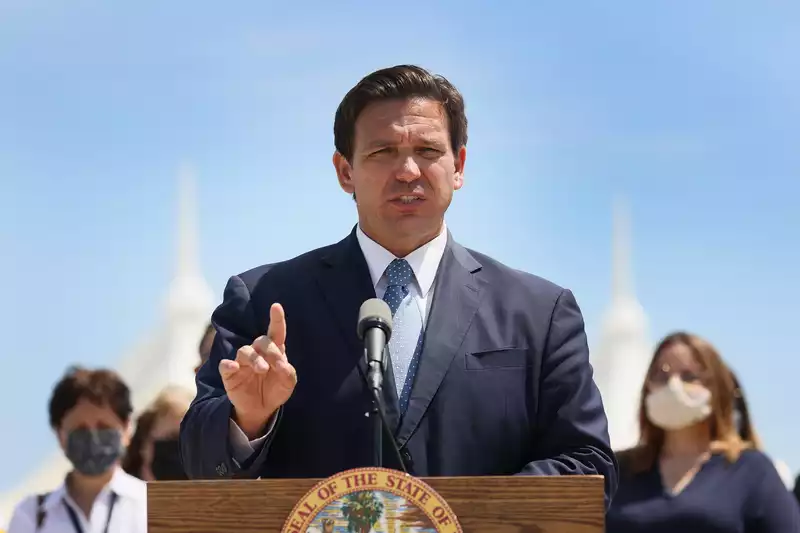Florida Governor Ron DeSantis signed the state's Stop Social Media Censorship Act into law on Monday
The bill gained support from conservatives in response to former President Donald Trump's ban on Twitter and Facebook However, the bill, which aims to prevent social media companies from banning political candidates in the future, may prove difficult, if not impossible, to enforce
Technically, this is true in the sense that the Florida law was signed into law In theory, this means that social media companies can be fined up to $250,000 per day for banning a candidate for state office, and up to $25,000 per day for local office candidates It would also allow the Florida Attorney General to more easily file lawsuits against tech companies that are deemed to have acted unfairly with respect to a particular candidate
However, existing federal law and case law would make it difficult for the provisions of this bill to stand up in court Perhaps the most ironclad of these is Section 230 of the Communications Decency Act, passed in 1996, which provides that "no provider or user of interactive computer services shall be treated as the publisher or speaker of information provided by any other information content provider" It also permits "any action taken voluntarily in good faith to restrict access to or availability of material"
While more liberal activists complain that Section 230 prevents social media companies from being held liable for embracing hate speech on their platforms, conservative The problem for the idea of the bill is that it also explicitly states the right of social media platforms to take down content or ban users as long as they are doing so in good faith
In other words, as long as social media companies can show a reason beyond simple partisanship for banning users, like Facebook and Twitter banning Trump in the aftermath of the January 6 riots, attempts to sue them for the provisions of Florida's bill Any attempt would run up against the far more established Section 230
Again, although the Stop Social Media Censorship Act is a legally signed law, it could be deemed inconsistent with elements of the US Constitution in a court scenario According to Supreme Court precedent, the First Amendment protects private entities such as social media platforms and traditional media such as newspapers from forcibly hosting, printing, or otherwise publishing the speech of other individuals or entities
Thus, attempts to force Facebook or Twitter to maintain a user's account may fall flat under the First Amendment defense, even if the user is violating the terms of service of a privately operated platform
If you are a private social media user, the Stop Social Media Censorship Act would not directly affect you, even if you live in Florida Its provisions regarding the mandatory lifting of user bans apply only to candidates who are actively seeking political office In particular, Donald Trump's January access ban would not have been protected by the bill because he was not a candidate at the time
There are other elements of the bill that require social media to allow only chronological content feeds to be viewed without any algorithm-based personalization However, if this is actually implemented, social media companies may respond by asserting their rights under Section 230 to avoid presenting or hiding certain content










Comments